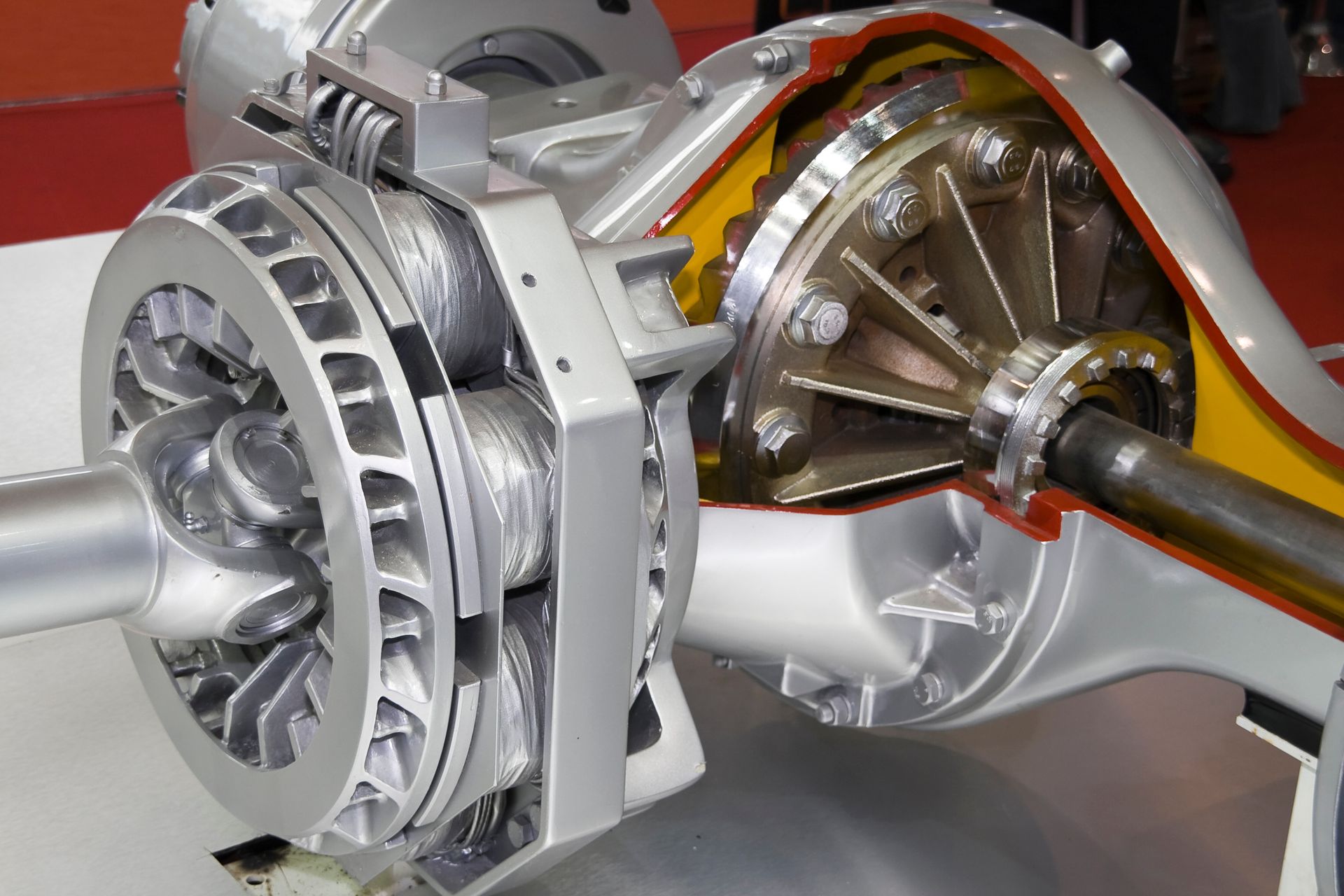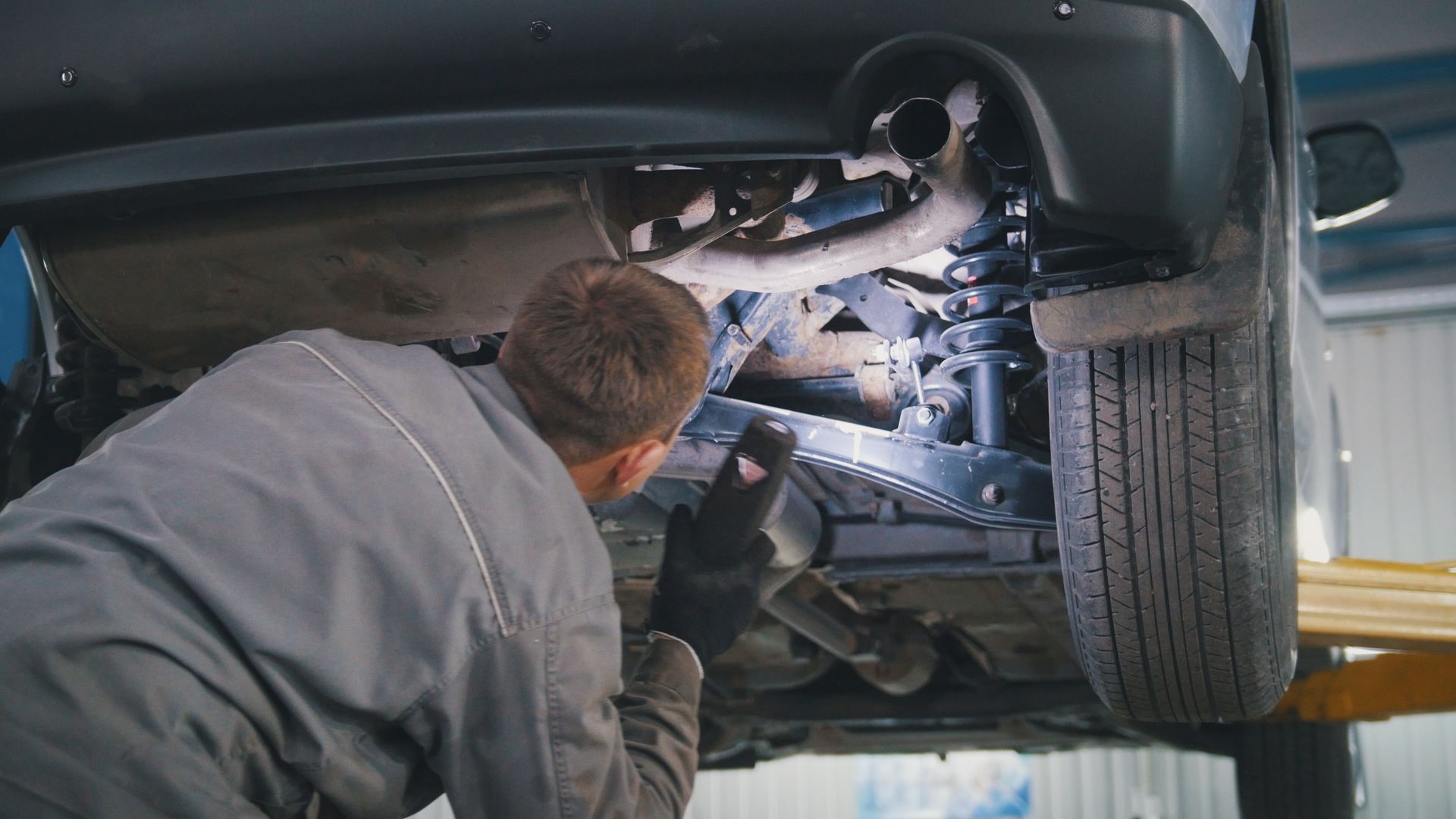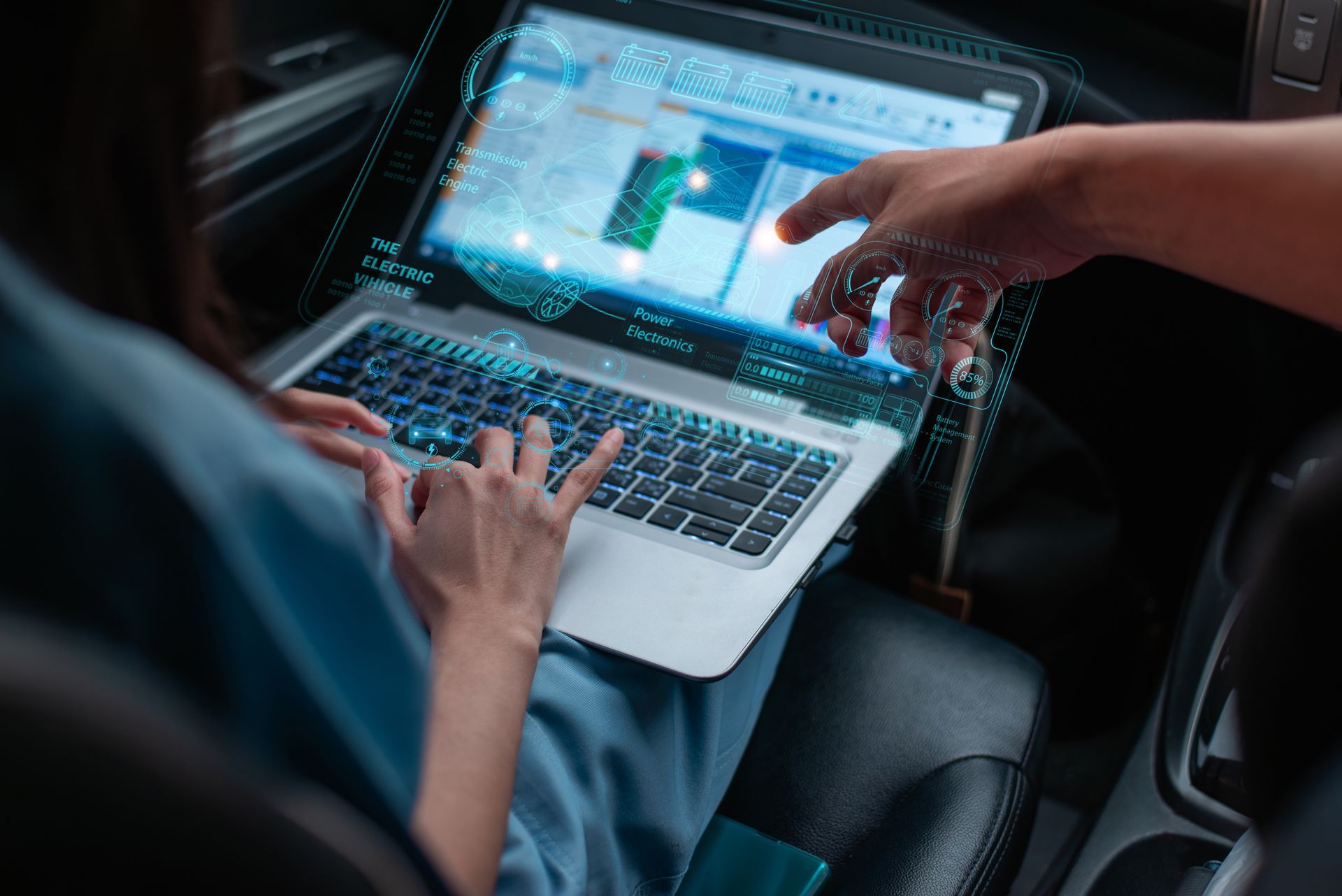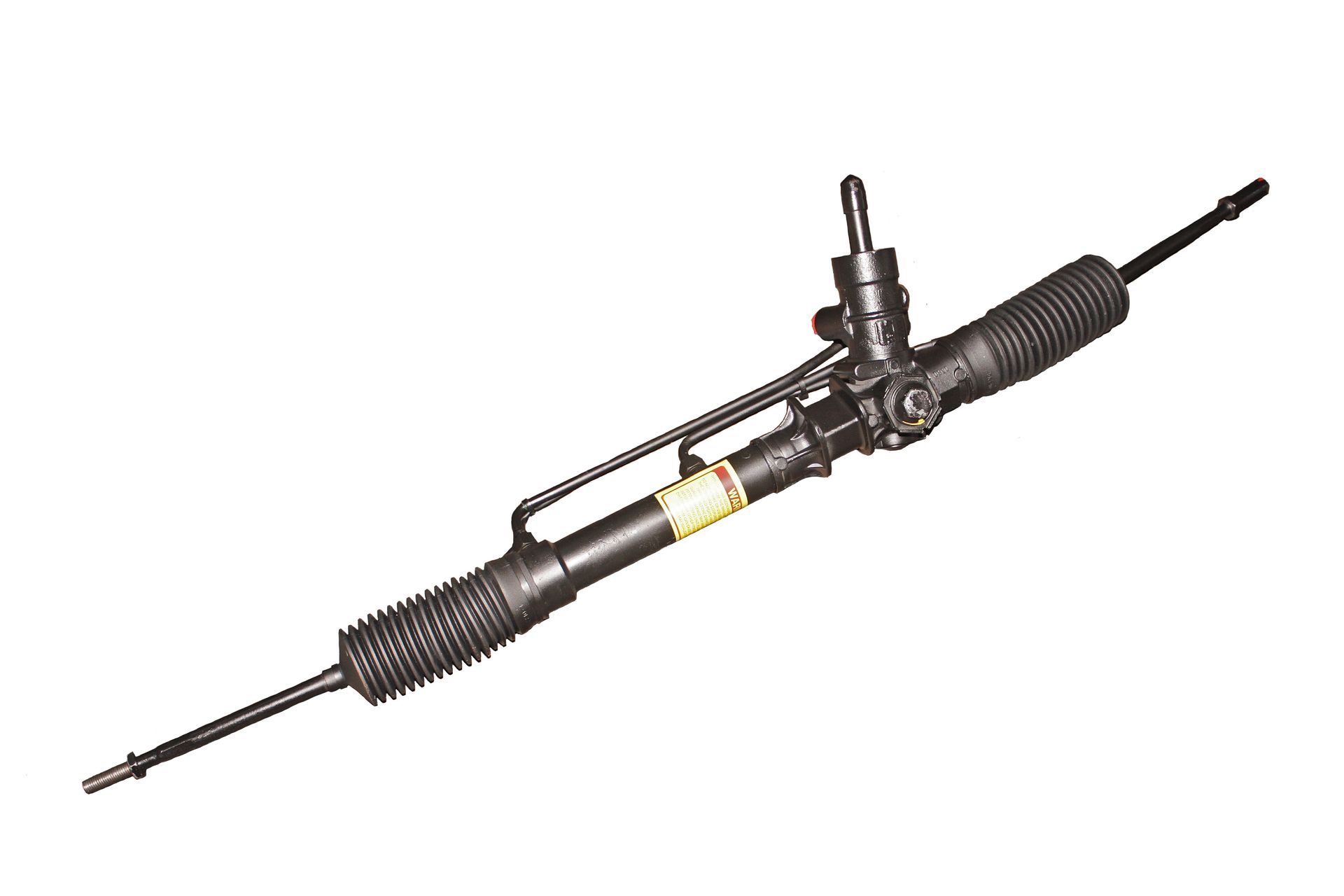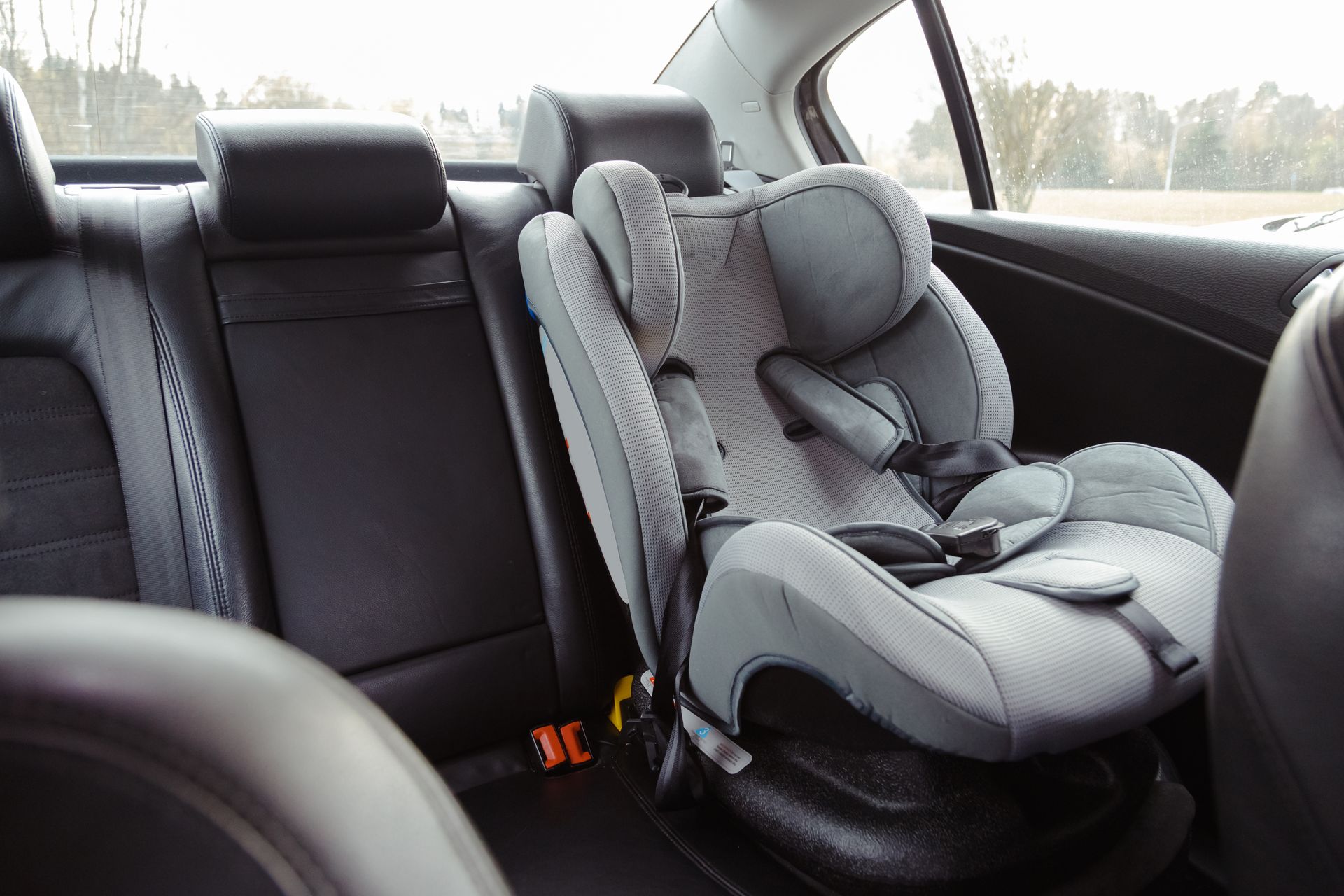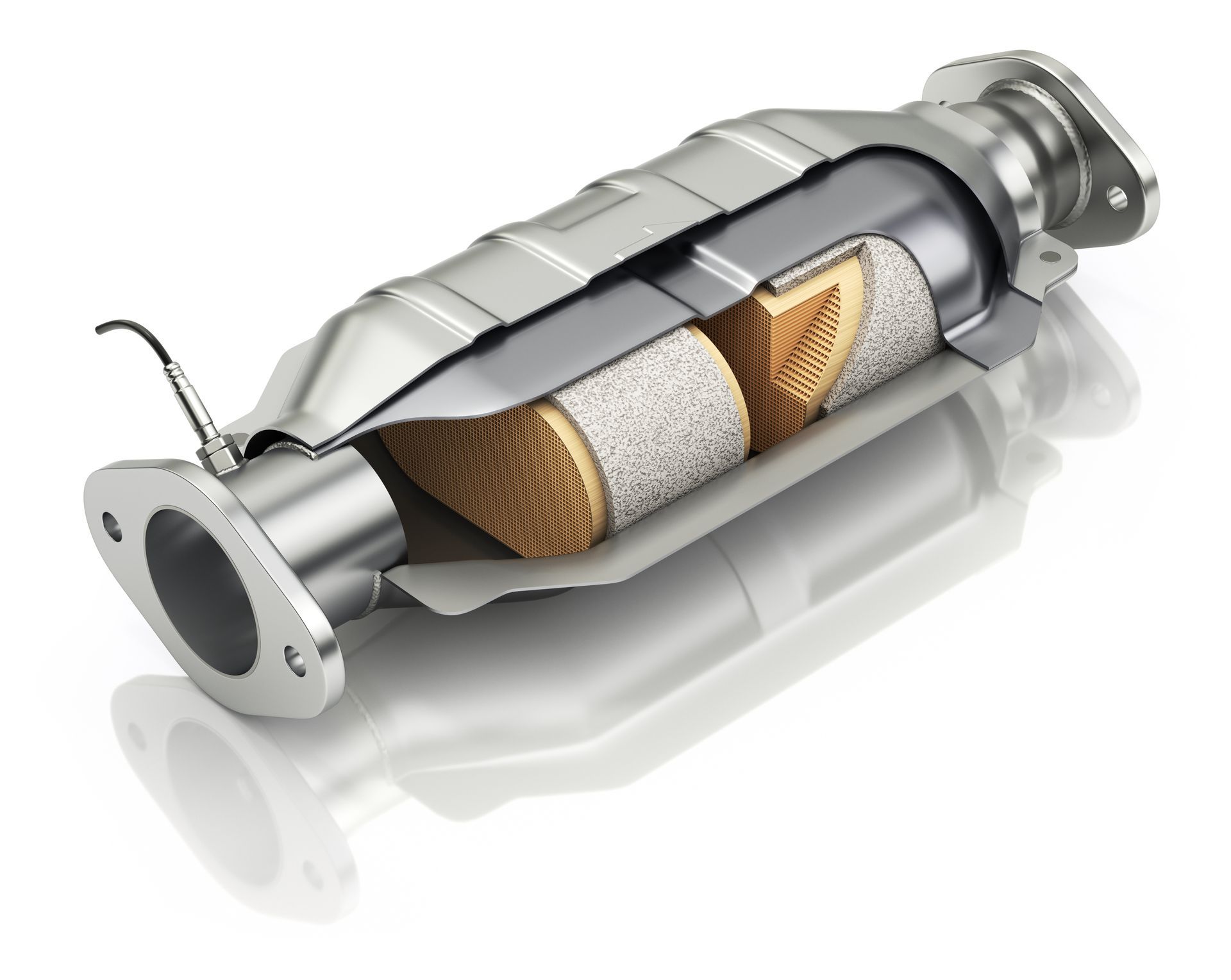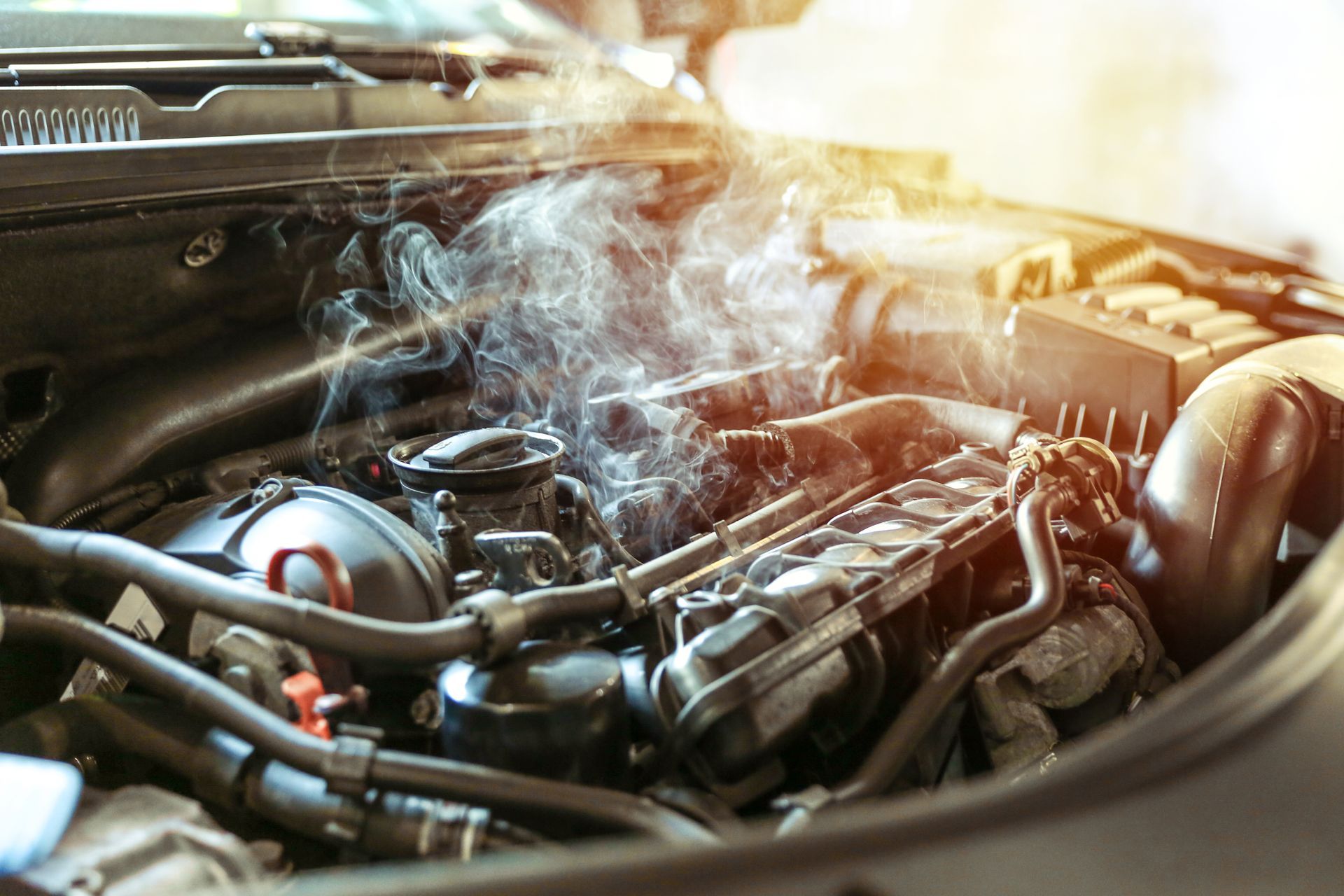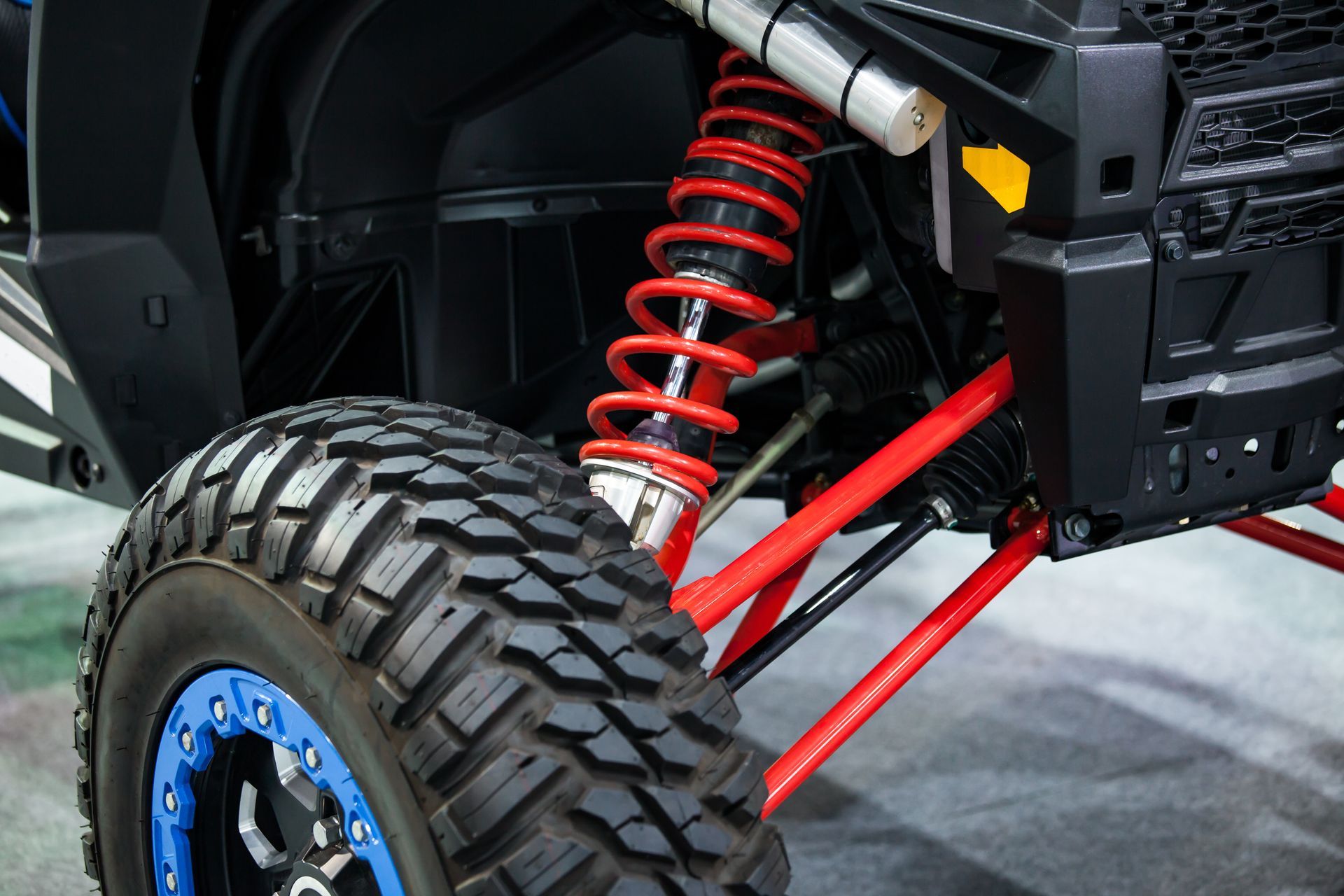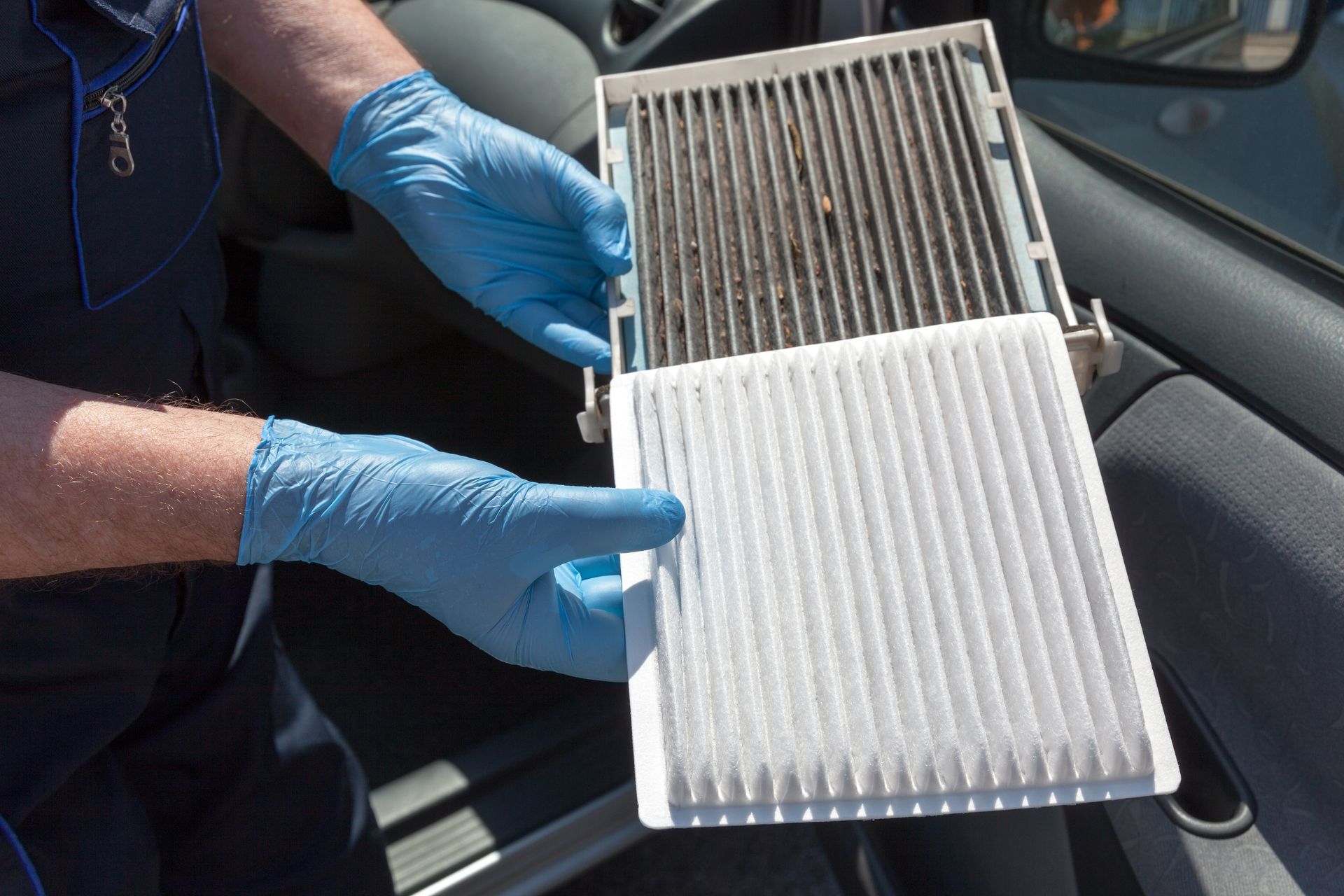Car fires are rare but dangerous, and knowing how to react quickly can save lives. Whether it’s due to a mechanical issue or an accident, the situation can escalate in seconds. If you’ve ever wondered how to handle a vehicle fire, this guide will walk you through the crucial steps to stay safe.
Recognizing the Warning Signs
Car fires don’t always start with visible flames. Sometimes, the first signs are subtle, such as an unusual smell, smoke from under the hood, or warning lights on your dashboard. Be alert to these indicators, as they can give you precious time to act.
For example, the smell of burning rubber or plastic might mean trouble with your wiring or overheating components. Smoke, even if faint, is a clear signal to pull over immediately and assess the situation. Ignoring these signs can lead to a more dangerous scenario.
Pull Over and Shut It Down
If you suspect your car is on fire, stay calm but act swiftly. Pull over to a safe location, away from traffic, and turn off the engine. This step stops the flow of fuel, which can reduce the chances of the fire spreading.
In areas like Stone Mountain, GA, you can find quieter spots on side streets or parking lots where you can safely stop. Turn on your hazard lights to alert other drivers.
Once you’re stopped, get yourself and any passengers out of the car as quickly as possible. Don’t waste time gathering personal belongings—your safety is the priority.
Stay a Safe Distance Away
After exiting the vehicle, move at least 100 feet away. Car fires can spread rapidly and, on rare occasions, cause explosions if the flames reach the fuel tank. Keep bystanders at a safe distance, too.
Avoid standing downwind of the fire to minimize inhaling toxic fumes. Many materials in a car, including upholstery and plastics, release harmful chemicals when burned.
Call for Emergency Help
Once you’re at a safe distance, call 911 to report the fire. Provide details like your location, any visible flames, and whether there’s a risk to nearby structures or vehicles. The sooner help arrives, the better.
While waiting for emergency responders, resist the urge to approach the car or try to extinguish the fire yourself unless it’s very small and you have a fire extinguisher rated for vehicle fires. Even then, use extreme caution and keep an escape route open.
Preventing Car Fires in the Future
Regular vehicle maintenance is key to reducing the risk of car fires. Faulty wiring, leaking fluids, or overheating engines are common culprits, all of which can be addressed with routine inspections.
Scheduling regular check-ups with a trusted repair shop can go a long way in catching potential issues before they escalate. Pay attention to recalls for your vehicle, as manufacturers often address defects that could lead to fires.
Keep a fire extinguisher in your car as a precaution, but make sure it’s properly rated and stored securely to avoid accidents.
Acting Fast
Time is of the essence when it comes to car fires. Every second counts, and staying calm can mean the difference between a minor incident and a devastating loss. By pulling over quickly, exiting the car, and calling for help, you can protect yourself and others from harm.
Stay ahead of potential problems! Bring your car to
Wrench Junkies in Stone Mountain, GA, for inspections and repairs you can trust. Call us now to book your appointment.
